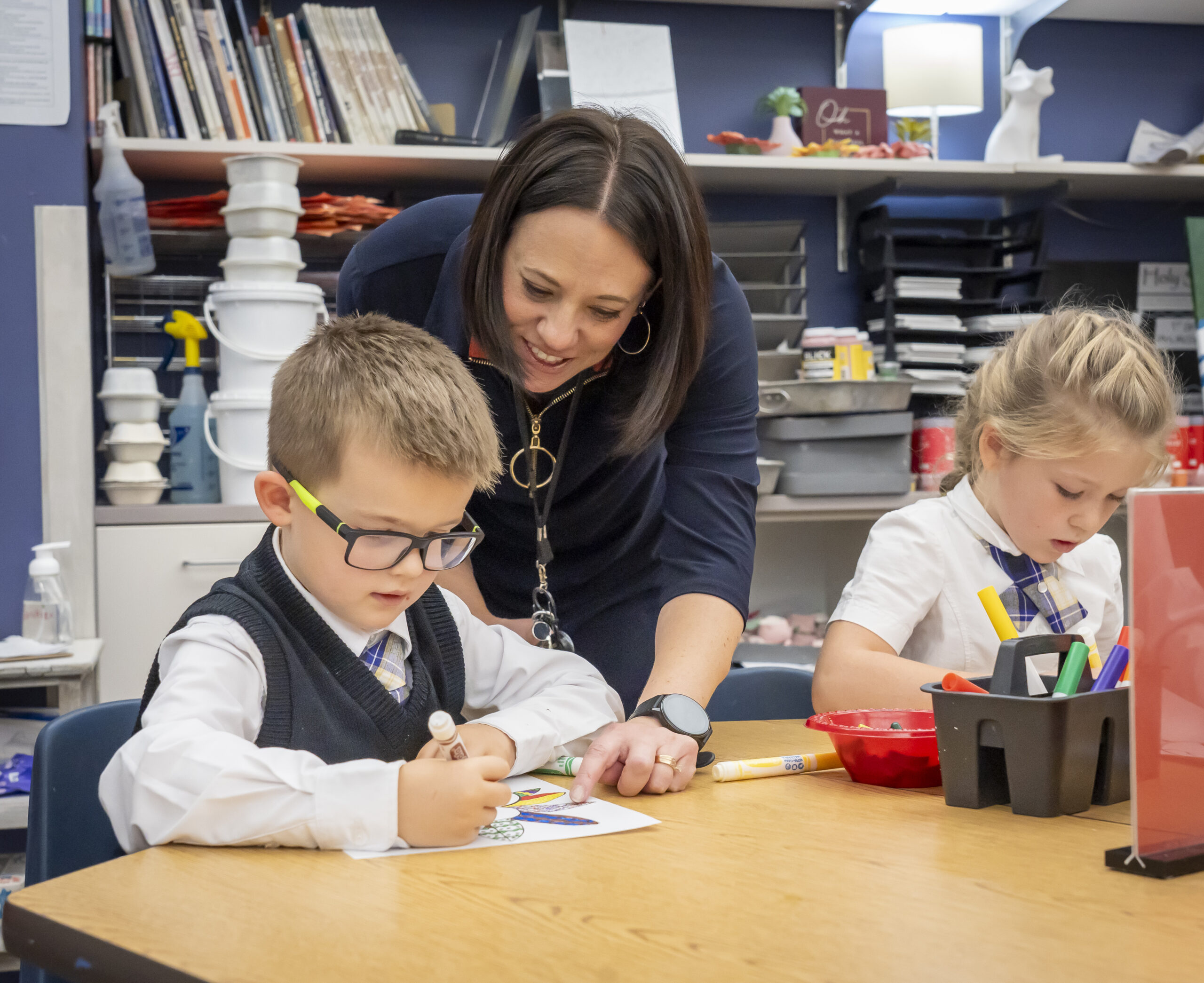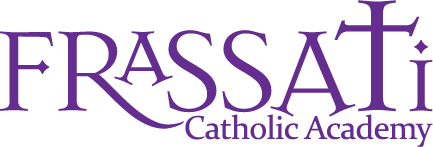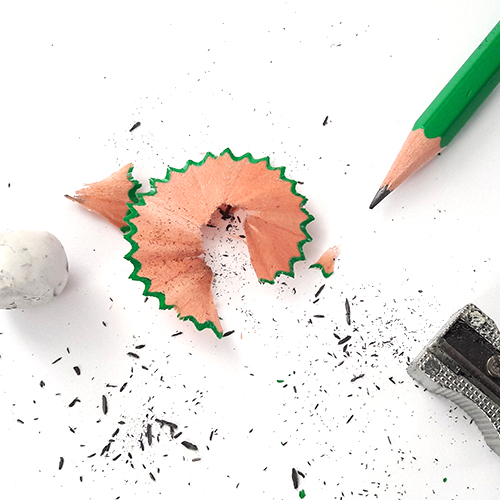
Why Classical?
Frassati Catholic Academy nourishes children by tapping into their natural yearning for wisdom, virtue, and truth. As we guide children through a deep inquiry of the goodness and beauty of our world via an education in the classical liberal arts, the Trivium and the Quadrivium, students are able to better know, glorify, and enjoy God. Frassati Classical Academy education follows the classical model, which through the lens of the Catholic faith and inspired by Christ, moves students through an education that is perfectly aligned with their developmental stages, and fosters a sense of wonder and awe in God’s created world.
At Frassati Catholic Academy, the classical approach to education offers students the opportunity to become much more than excellent test-takers.Rather, we lead students to discover that knowledge and truth are ordered, coherent, and integrated. Classical education is sometimes called “leadership education” because it builds the skills needed for Catholic leadership: logic, debate, theology, knowledge of the Bible, public speaking, clear reasoning, researching, writing, and communicating. These skills are practiced in every subject and prepare students to become leaders in any field they pursue. This is the classical model of education that was used by the great thinkers and leaders of the past, including Aristotle, Plato, C.S. Lewis, and Thomas Jefferson.
Our curriculum is rooted in the wisdom of the past, particularly in Western Civilization, incorporating Latin, Art, and Music alongside more typical subjects. We focus on cooperating with our students’ natural development. In the early grades, students’ brains are developing in such a way that allows them to memorize large amounts of information, “learning things by heart.” This is a time of exploration and memorization using drills, songs, chants, and recitation. As students progress to higher grades, they transition from memorizing to synthesizing ideas across academic subjects. They begin to engage in learning activities that stress critical thinking, problem solving, deeper inquiry, and the stretching of their intellectual capacity. The foundation is now laid for deep and broad studies in all subjects in high school, college, and beyond.
FCA catholic education at a glance
Catholic faith integration in every subject
Cursive taught and supported in grades 1-8
Latin instruction in grades 2-8
Reading and studying the classics in literature
Poetry studies and memorization
Fine arts studies (visual and musical arts)
Memorization as a key learning technique
Copying from the masters
Emphasis on what is true, beautiful, and good
Focus on the virtues
Study of primary sources over textbooks
Deeper inquiry into fewer topics
Students learn to read, write, and speak well
Intentionally low technology
Students become thinkers and defenders of our faith amid rampant relativism
3 phases of
Classical Learning
Frassati Catholic Academy follows a classical model, which meets and extends the curriculum guidelines of the Archdiocese of Denver’s Catholic schools. The required curriculum is taught using the techniques and approaches of classical education while holding true to the archdiocese’s mission of evangelizing and preparing students for a life of virtue and knowledge. Catholic classical education moves students through three phases of learning: the grammar, logic, and rhetoric stages, all through the lens of our Catholic faith.
Grammar
Classical education starts with learning the “grammar” of things: words and basic facts associated with the subject, sorting, understanding, and practicing using those words and facts, and finally, using the information by teaching the subject to someone else.
Students in the primary grades thrive during the grammar phase: They love repeating songs, chanting rhymes, and pronouncing big words. At FCA, we capitalize on students’ natural affinity for memorization by teaching young students through recitations. For example, our first graders can already recite the seven continents, the 12 months, the eight planets, select Bible passages, the seasons, and the days of the week! Other grades are learning to recite all of the American presidents, the states and capitals, and select Psalms!
Logic
Students learn to work with information. They deconstruct, sort, compare, and understand information, words, and the rules that apply to math, language, and science.
Rhetoric
In this phase, students solve real-world problems, write original papers or speeches based on models from early masters, or lead discussions. In reading, students focus on the themes and large issues underlying a text. This stage extends through college and beyond, and our middle school students learn and exercise these skills across all subjects.




